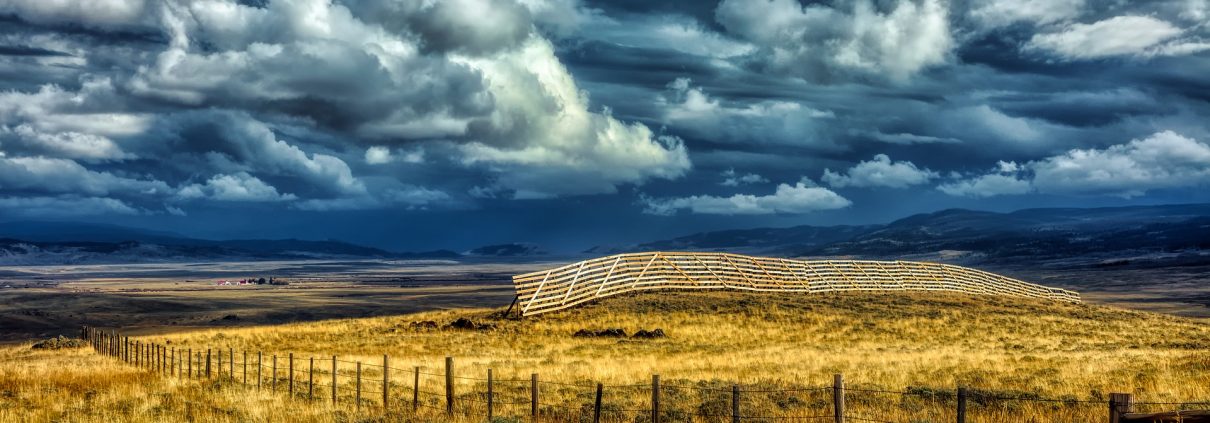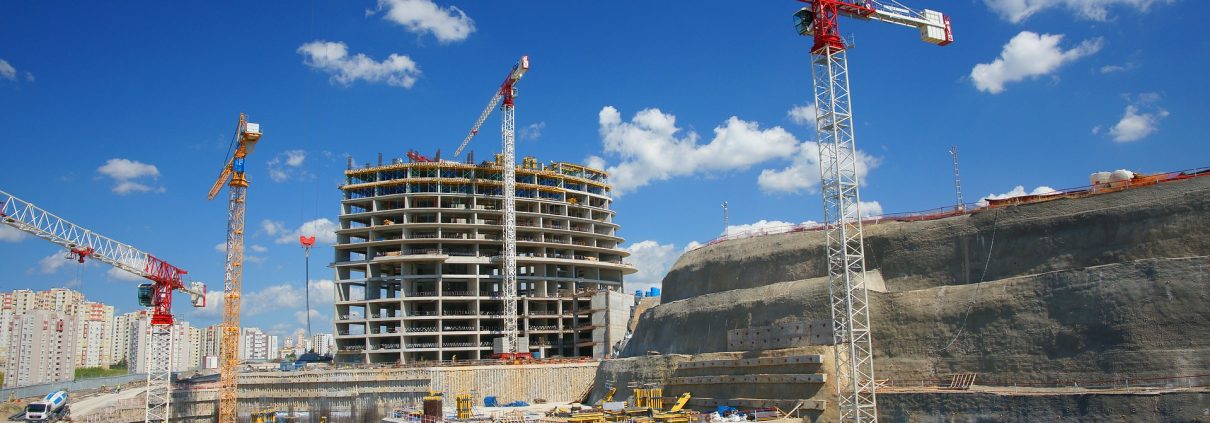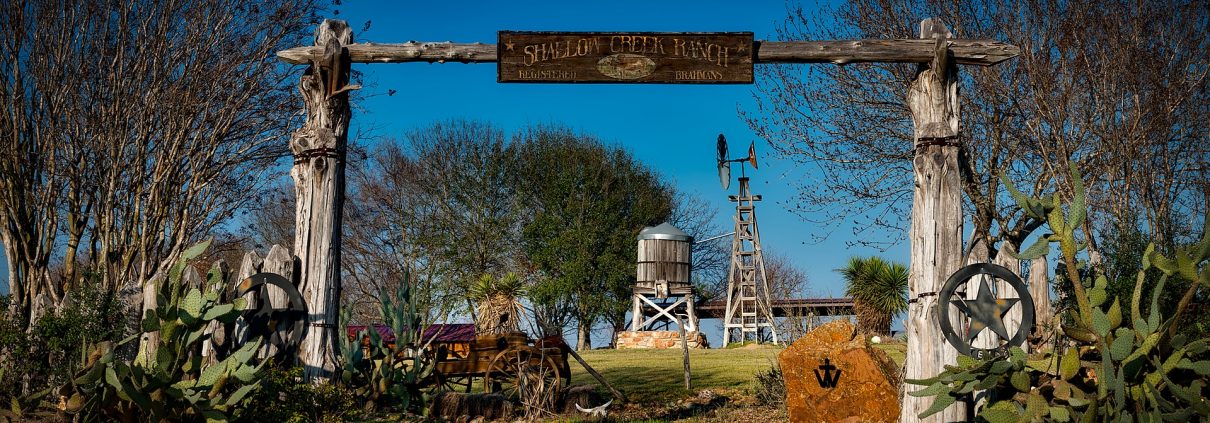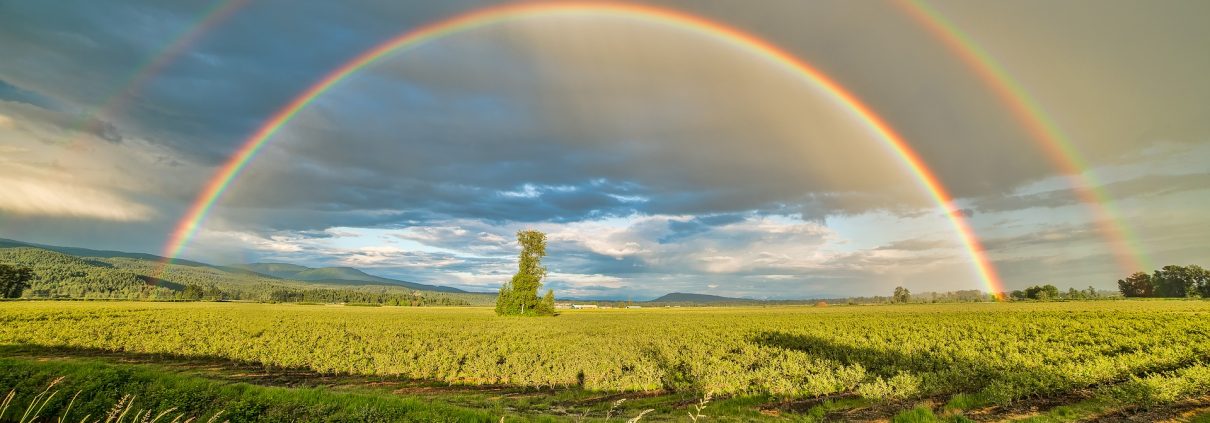Will Americans Trade-In Their Urban Lifestyles For Rural Ones In The Wake Of COVID-19?
The COVID-19 pandemic will encourage a lot of people to rethink their urban lifestyles. In a time when social distancing and self-isolating play crucial roles in health, consumers living in urban centers find it nearly impossible to follow the rules for safety and are realizing they are at a much greater risk of being impacted by such an outbreak. The COVID-19 pandemic will, however, only add to subgroup of the population moving away from large, crowded cities to homes with more open lands in rural areas.
In fact, in a recent Virtual Round Table discussion about COVID-19’s Impacts on The Land Market, Accredited Land Consultant Lisa Johnson with Horsepower Real Estate out of Junction City, OR, predicts that there will be a lot of demand and says that right now there isn’t a lot of inventory to meet it. “We’re still seeing a lot of people calling from the larger metro areas… that, whether its 5 acres or 100 acres, they just want somewhere to go.” Read more insights from Lisa in the COVID-19 Impacts on Rural Residential Hobby Farms RLI blog post.
New York City at the Epicenter of a Pandemic
It didn’t take long for New York City to become the COVID-19 pandemic’s epicenter. Millions of people commuting on a public transit system and passing each other on crowded streets helped the virus spread quickly.
Millennials Were Already Moving to Suburbs
Fear of future pandemics will likely encourage more people to leave cities and settle in suburban and rural areas. Those moving away from cities, however, are not starting something new. They’re continuing a trend.
Drew Ary, ALC, with Ary Land Co in Coweta, OK, said in the COVID-19’s Impacts on The Land Market Virtual Round Table that he is seeing a similar trend in land sales with “an increase in anything outside of 45 minutes of a major metropolitan area.” He also noted that the inventory and interest rates are low and thinks “we’ll continue to see an incredible increase in demand for these types of properties. Read more insights from Drew in the COVID-19 Impacts on Rural Residential Hobby Farms RLI blog post.
As Millennials get older and start families, many of them realize that they cannot continue to afford living in large cities. The median home cost in New York City exceeds $680,000. In LA, the median home cost is nearly $690,000. Few families can afford to spend that much money on housing. A growing number of Millennials and other young people see suburbs, mid-sized cities, and rural areas as cost-saving alternatives with other perks of their own.
Knowing that they will have to spend half a million dollars more on housing to live in big cities, a lot of people don’t mind moving. Moving to smaller cities, suburbs, and rural communities often means that they can purchase larger homes, access better public education, and avoid higher rates of crime – not to mention improve their mental health. Add the fear of another pandemic, and it becomes easy for people to reconsider living in places like New York, Chicago, Washington, D.C., and Los Angeles.
Technology and Remote Work Opportunities May Influence Decisions
Improved technology and a growing number of remote work opportunities may also influence people when they decide where to live. Living in New York makes sense when it’s the only place where you can find a job. When work becomes decentralized and remote, though, employees can effectively make more money by living in cheaper areas.
Data from the Pew Research Center show that internet access has grown considerably in rural and suburban areas over the last two decades. In 2000, only 42% of people in rural places used the internet. During the same year, 56% of suburbanites accessed the internet. In 2019, 85% of people in rural communities and 94% of people in suburbs said that they use the internet.
Despite improvements in technology, many business leaders have shown reluctance to remote working. The pandemic has forced them to reconsider this outdated idea, which could lead to a significant paradigm shift that embraces the value of working remotely.
Companies have already undertaken the hardest parts of setting up remote teams. Stay-at-home orders meant that businesses had to review and adopt software applications designed for remote workers. With these technologies now in place, some companies may decide that it makes sense to keep their employees remote to decrease overhead instead of bringing workers back to their offices. By keeping workers at home, companies may have to spend slightly more money on technology. However, in return, they can save a lot of money on overhead costs associated with real estate, energy, and insurance.
The combination of better internet technology throughout the country and an increase in remote work opportunities will make it even easier for ambitious people to move away from crowded cities.
Are Employers and Employees Rethinking the Future?
No one knows how people will respond to the COVID-19 pandemic. Once researchers develop a vaccination, employers and employees might go back to life as usual. Alternatively, they could be reconsidering their urban lifestyles as a way to prepare and protect themselves from future potential outbreaks as the world economy continues to globalize. If they feel less certain about the future, there is a good chance that many will leave crowded urban areas for places that offer more room to spread out.
If this pandemic has you thinking about moving to a more rural area to put some land between you and your neighbors, as well as allow you to source your own food, make sure to Find A Land Consultant and use the Land Connections property listing site to help find the perfect property to meet your needs.

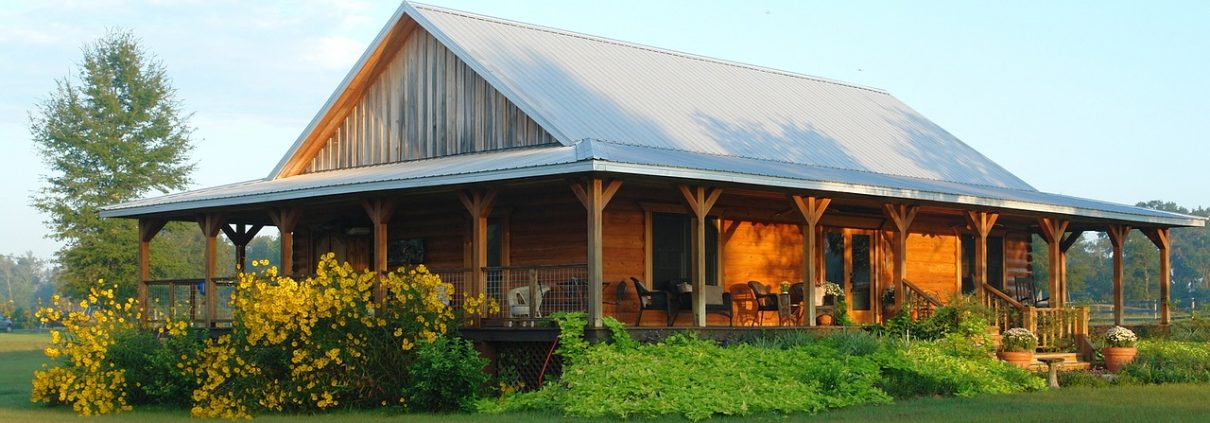


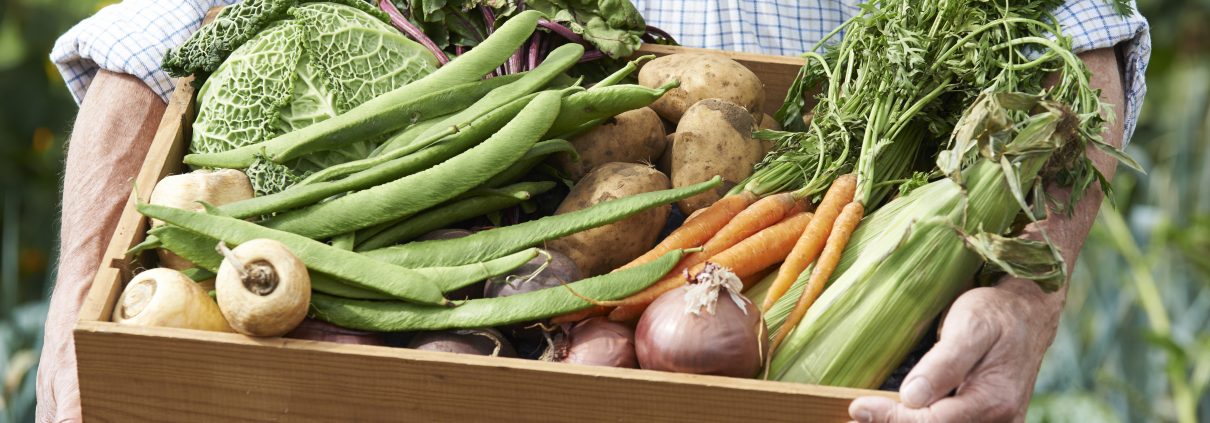

 About:
About: 


 About:
About: 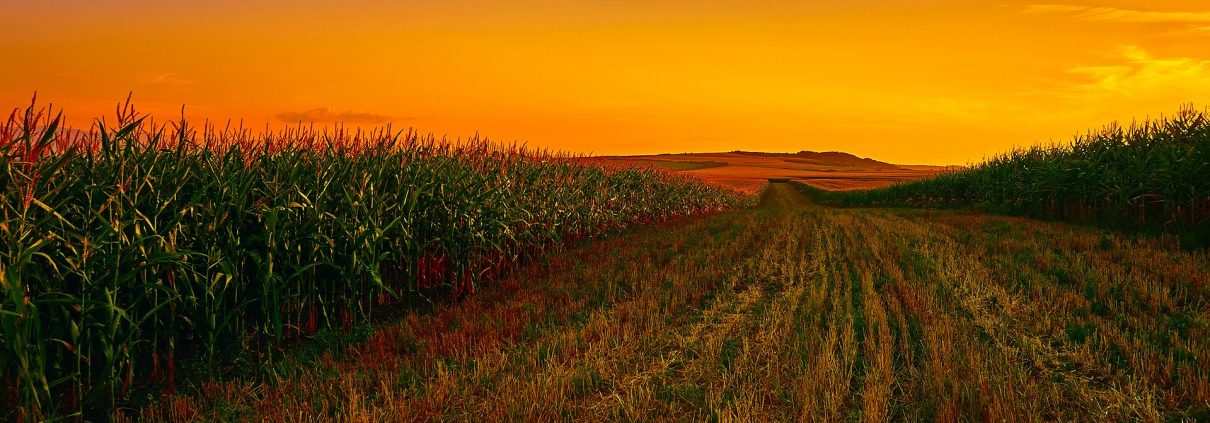




 About: Chris Miller, ALC, is a land broker and consulting forester for
About: Chris Miller, ALC, is a land broker and consulting forester for 